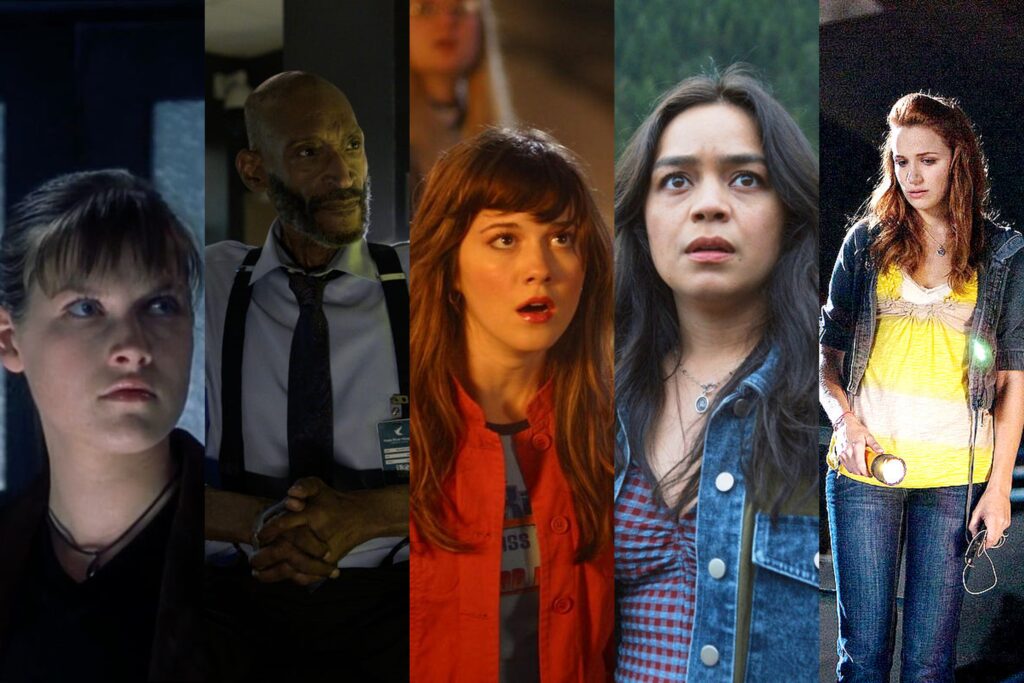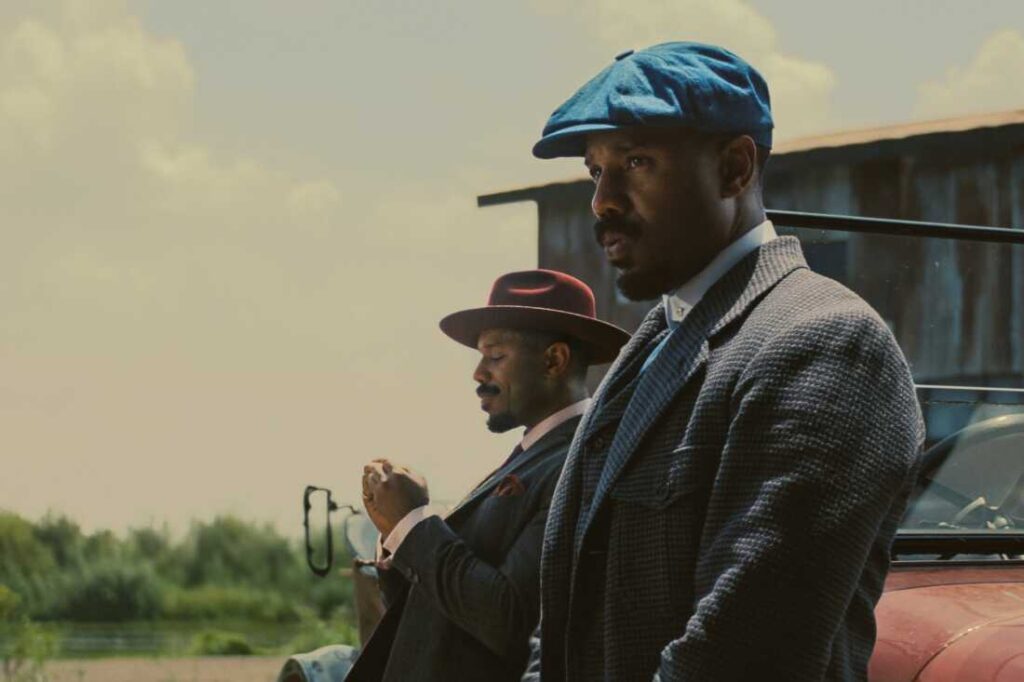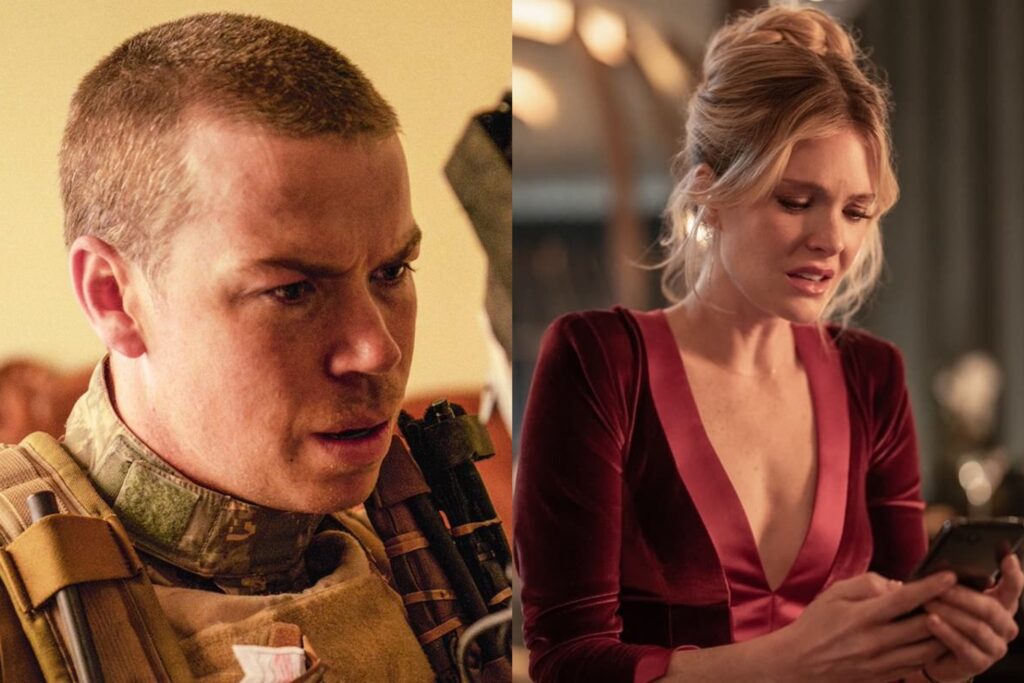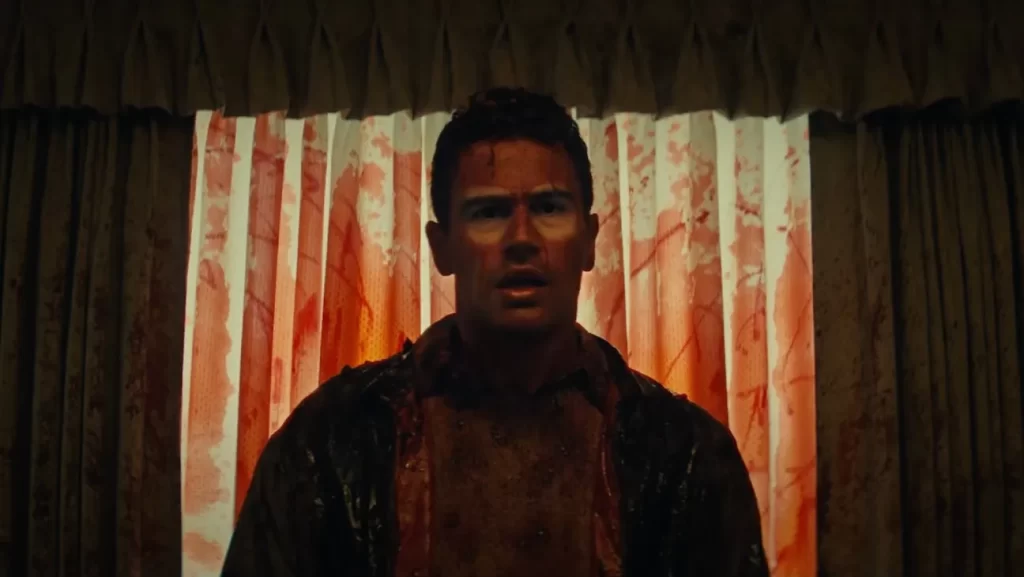Bring Her Back: Foster, It’s Australian for Fear
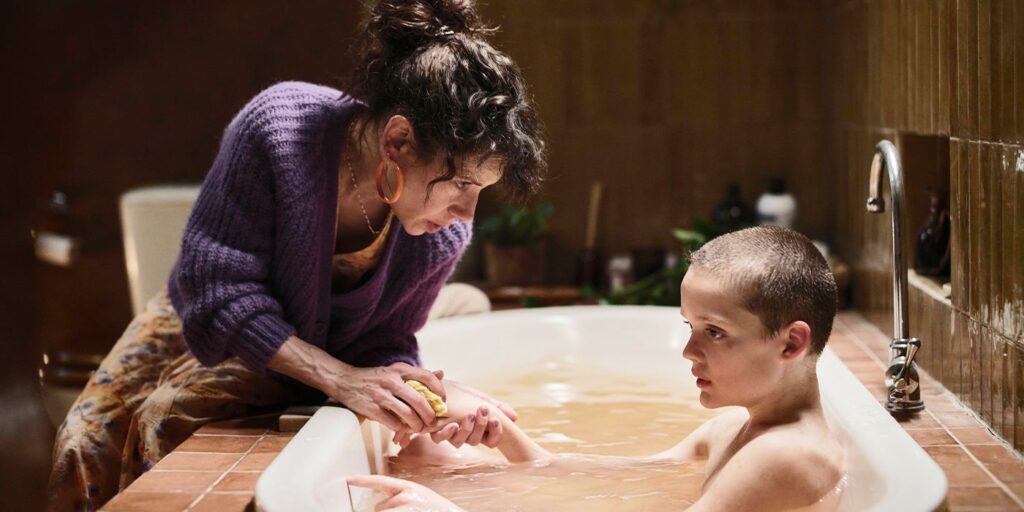
For two guys who cut their teeth making YouTube videos, Danny and Michael Philippou are curiously retro when it comes to horror iconography. Their first feature, the indie hit Talk to Me, fashioned its inciting instrument as a large ceramic hand, one that facilitated spiritual possession through the nigh-quaint process of physical connection. Their follow-up, Bring Her Back, opens with grainy VHS footage depicting an enigmatic ritual whose significance won’t be established until some time later. The movie features a fair number of scares, but the biggest jolt for this Xennial was remembering just how frustrating it was to futz with the tracking setting on a VCR.
This doesn’t mean the Philippous are classicists. But they aren’t exactly modernists either; their skills and shortcomings could easily belong in any era of horror filmmaking. Bring Her Back confirms their talents as purveyors of mood, taking place in an unsettling surreality where the vibes are always off and your danger sensor is constantly on. As a piece of evocative atmosphere, it’s quite creepy. As a work of dramatic storytelling, it’s stillborn. Read More

